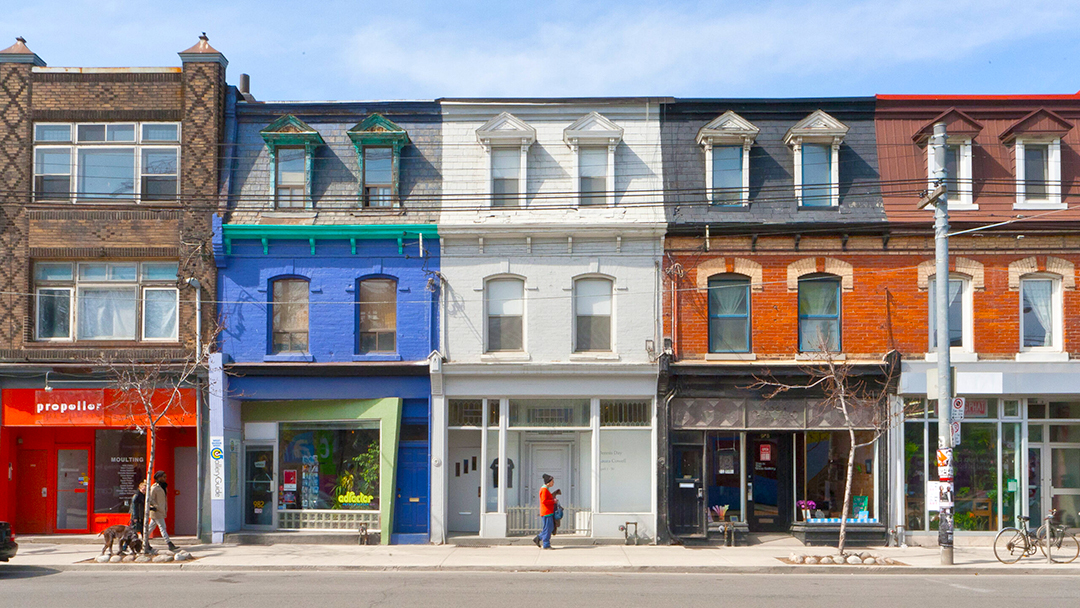Transitional housing programs offer a temporary living solution for individuals and families who are experiencing homelessness. These programs are structured to provide supportive services designed to help residents develop stability and prepare for independent, permanent housing. The environment within these programs is designed to be supportive, guiding individuals as they work toward achieving self-sufficiency. Here is more information about the role of community in these housing programs:
Assisting the Vulnerable
Transitional housing serves a wide range of individuals facing difficult circumstances. Participants in these programs come from diverse backgrounds, each with unique needs and challenges. For survivors of domestic violence, a transitional housing community offers a safe harbor away from abuse. This secure setting allows them to begin the healing process without the immediate threat of harm.
Veterans transitioning back to civilian life may face obstacles like post-traumatic stress or difficulty finding employment. A supportive community of peers and staff provides a structured environment to navigate these challenges. Young mothers may also find support within these programs, where they have access to resources for both themselves and their children. The shared experience of motherhood creates a natural network of mutual support and understanding.
Promoting Connections
One of the core aspects of transitional housing is the opportunity for residents to build meaningful relationships. Residents live alongside others who are navigating similar paths, which creates a sense of shared experience and belonging. This communal living arrangement facilitates the development of peer support networks. Residents may share advice, offer encouragement, and provide practical help to one another, such as watching a neighbor’s child or sharing transportation. Staff and volunteers typically also contribute to this network by organizing group activities, workshops, and communal meals.
Providing Long-term Stability
The community’s role extends to helping residents prepare for a future beyond transitional housing. The goal is to equip individuals with the skills and resources needed to maintain long-term stability. Community engagement is a practical way to achieve this through ongoing programs.
By participating in workshops on financial literacy, job readiness, and life skills, residents gain tangible tools for independence. The accountability that comes from being part of a community helps individuals stay focused on their goals. Regular check-ins with case managers and informal encouragement from peers reinforce positive behaviors and progress.
This structured support helps residents establish the habits needed for self-sufficiency. The relationships formed within the program may become a lasting support system, providing a network that residents can rely on even after they move into permanent housing. This ongoing connection to a supportive community is instrumental in helping individuals sustain their stability over extended periods of time.
Sign Up for Transitional Housing Programs
These programs offer a structured path toward stability for those in need of support. If you or someone you know is looking for a way to move from homelessness to permanent housing, these programs provide resources and a supportive environment. Contact your local housing authority or social service organizations to apply, learn about the transitional housing options available in your area, and begin the application process.
- Choosing the Right Plastic Surgeon for Your Cosmetic Procedure
- Understanding Different Types of Laser Treatments for Skin Rejuvenation
- Why a Family Dentist is Key for Maintaining Oral Health
- The Benefits of Regular Visits to a Wellness Spa
- Exploring the Emotional and Psychological Triggers of Eating Disorders


Leave a Reply